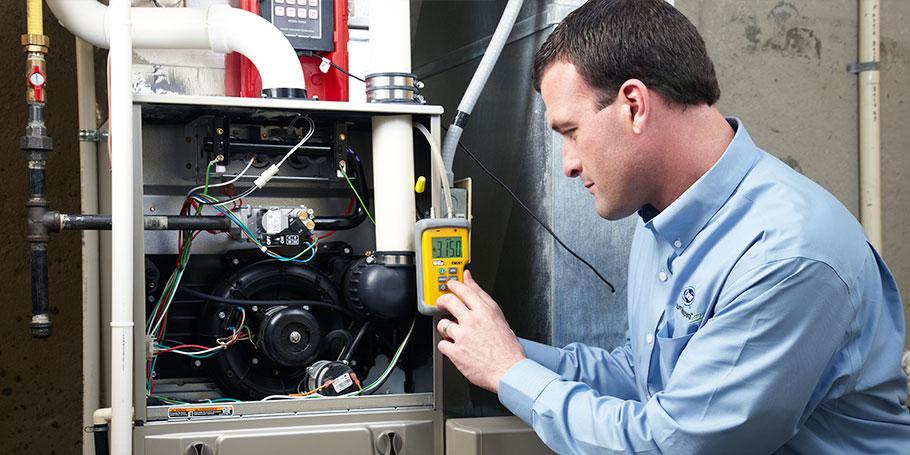Private vs. Public Security: Key Differences and Roles
Security is a fundamental requirement for individuals, businesses, and society. To meet this need, both private and public security services play crucial roles. Although their ultimate goal is the same—to ensure safety—their approach, authority, and functions differ greatly. This detailed comparison will explore the differences between private and public security, highlighting their unique characteristics and their importance in different scenarios.
What Is Private Security?
Private security is hired by individuals, organizations, or corporations to protect specific people, assets, or properties. Unlike public security, which is funded by the government, private security services are paid for by the entities that hire them. The scope of private security varies widely, from patrolling and monitoring properties to providing personal protection or securing digital assets.
Customizable and Client-Focused Solutions
One of the defining features of private security is its flexibility. It can be tailored to meet the specific needs of a client, providing services like construction site security in Melbourne or static security guards for business premises. This adaptability makes it an attractive option for industries such as retail, construction, and hospitality, where protection requirements may differ significantly.
Types of Private Security Services
- Corporate Security: Focuses on protecting companies and their assets, including employees and infrastructure.
- Personal Security (Bodyguards): Provides close protection for individuals, often high-profile clients.
- Event Security: Ensures the safety of large gatherings such as concerts, conferences, and sports events.
- Cybersecurity: Guards against digital threats, protecting sensitive information and online assets.
Private security providers can offer specialized services that cater to the unique needs of different industries. For instance, shopping center security requires a different skill set than cybersecurity or event security. Security guards for shopping centers, for example, must be trained in crowd management, theft prevention, and customer service.
Public Security Explained
Public security refers to government-managed services that are responsible for enforcing laws, preventing crime, and maintaining public order. This includes agencies such as the police, fire departments, and emergency medical services (EMS). Public security is funded by taxpayers and operates to serve the general population, ensuring public safety across wide-ranging areas.
Duties of Public Security Officers
Public security officers have a broad mandate that includes enforcing laws, responding to emergencies, and investigating crimes. Their primary responsibility is to maintain public order, but they also work proactively to prevent criminal activities. Unlike private security, public officers are empowered by the government to make arrests, conduct investigations, and even prosecute offenders under certain circumstances.
Key Agencies in Public Security
- Police Departments: Enforce laws, prevent crime, and protect citizens.
- Fire Departments: Provide emergency services in case of fire and conduct rescue operations.
- EMS (Emergency Medical Services): Offer critical medical assistance during emergencies.
Public security officers operate under a strict legal framework. They must adhere to federal, state, and local laws, and their activities are subject to oversight by various governmental bodies. Their legal authority allows them to enforce the law in a way that private security cannot, such as the power to arrest and detain individuals.
Key Differences Between Private and Public Security
1. Legal Authority and Jurisdiction
Public Security
Public security officers, such as the police, operate under governmental authority. They have the legal right to arrest, detain, and investigate individuals suspected of committing crimes. Their jurisdiction typically covers entire regions, like cities or states, meaning their role extends to all citizens within that area. Public security officers can also enforce laws, initiate prosecutions, and act in emergencies.
Private Security
In contrast, private security professionals are limited in their legal authority. They cannot arrest individuals (except under certain conditions, such as making a citizen’s arrest), and their power is restricted to the property or people they are contracted to protect. They may detain someone temporarily but must hand over the situation to public authorities when necessary.
Private security guards often work in specific locations, such as construction sites, office buildings, or shopping centers. They play a preventative role, identifying potential threats and responding before they escalate into serious issues.
2. Focus and Mission
Public Security
The mission of public security agencies is broad. They are responsible for protecting all citizens and maintaining public order across their entire jurisdiction. Public security officers, such as the police, may be involved in crime prevention, emergency response, law enforcement, and community policing. Their scope of work is comprehensive and includes everything from patrolling streets to investigating serious crimes.
Private Security
Private security is much more specialized. Their mission is to protect the specific individuals, assets, or property they have been contracted to safeguard. Private security firms offer services ranging from manned guarding to installing surveillance systems. They tend to focus more on preventing theft, vandalism, or unauthorized access, acting as a deterrent to criminal activities. This makes them ideal for businesses, shopping centers, or private residences seeking specialized protection services.
For instance, a static security guard placed at a business or residential property is there to monitor and deter potential intruders, whereas a police officer’s duties cover broader community protection.
3. Training and Regulation
Public Security
Public security officers receive comprehensive and ongoing training. Police, firefighters, and other public security officials undergo months, if not years, of education and physical training. They are trained in law enforcement, public safety, emergency response, and other essential areas. Because public security officers have significant legal responsibilities, including the authority to arrest and use force, their training is strictly regulated by government agencies.
Private Security
The level of training for private security personnel varies widely. Some security guards receive basic training, while others, especially those working in high-risk areas or providing personal protection, undergo extensive training in areas such as risk assessment, use of force, and first aid. Many countries or regions require private security officers to be licensed, ensuring they meet certain minimum training standards. However, the extent of regulation is generally less stringent compared to public security.
4. Accountability and Oversight
Public Security
Public security agencies operate under government oversight, and their officers are accountable to the public. Misconduct or abuses of power by public security officers can lead to legal action, public investigations, and disciplinary measures. Transparency is a key aspect of public security, as officers must operate within the confines of the law and under the scrutiny of the communities they serve.
Private Security
Private security firms are accountable to their clients and, to a lesser extent, the law. While they are subject to licensing and regulatory bodies, their primary responsibility is to fulfill the terms of their contract. Any misconduct by private security officers is usually handled internally by the company or through civil litigation rather than public investigations.
Collaboration Between Private and Public Security
Private and public security services often work together to provide comprehensive protection. This collaboration is especially common during large-scale events, where private security may handle crowd control and entry points, while public law enforcement deals with external threats and legal matters. Similarly, private security firms may alert public authorities when they detect criminal activities, handing over the situation to law enforcement for prosecution.
The Future of Private and Public Security
As security threats evolve, both private and public security sectors are adapting. With advances in technology, such as artificial intelligence (AI), drones, and biometric systems, the nature of security is changing rapidly. Private firms are increasingly using these tools to offer advanced protection services, while public agencies are integrating them to enhance crime prevention and response times.
In the digital realm, the rise of cyber threats has blurred the lines between private and public security. Government agencies are working alongside private cybersecurity firms to combat global cybercrime, illustrating the growing importance of collaboration between the two sectors.
Conclusion
While both private and public security serve the common goal of ensuring safety and protection, their roles and responsibilities differ significantly. Public security focuses on maintaining law and order for the wider community, while private security provides specialized services tailored to the needs of specific clients. Understanding the distinctions between these two types of security can help individuals and businesses make informed decisions about which service best suits their needs. To explore a wide range of private security solutions, visit Security Guard Services for more information.






